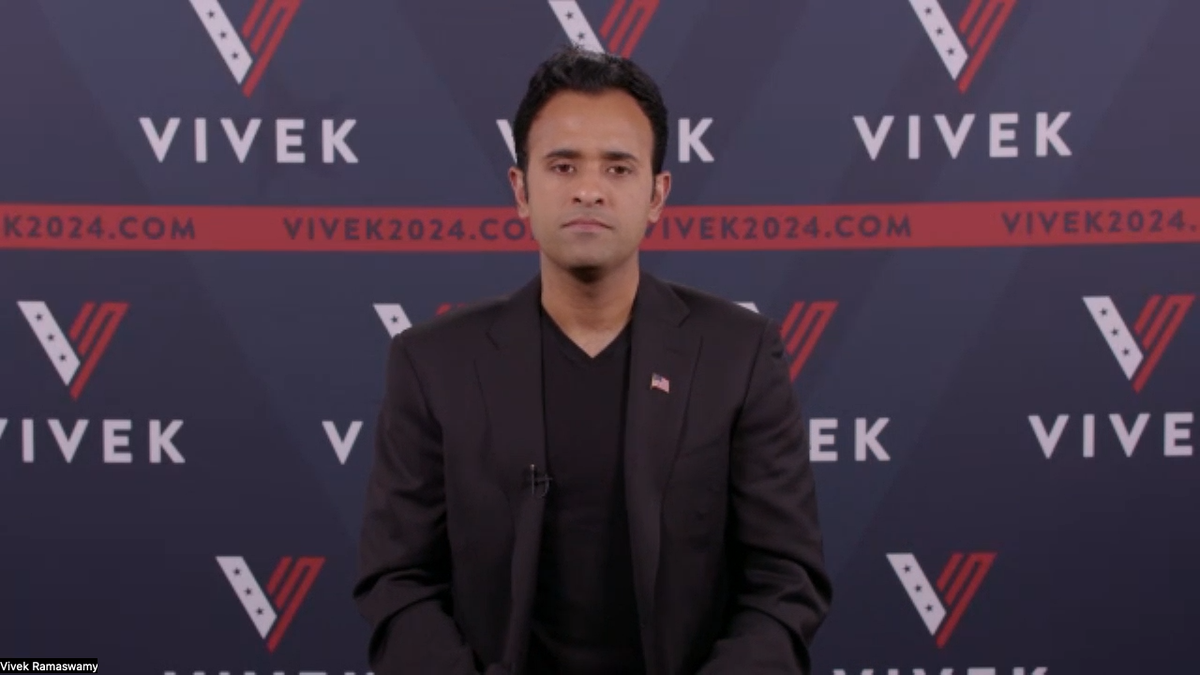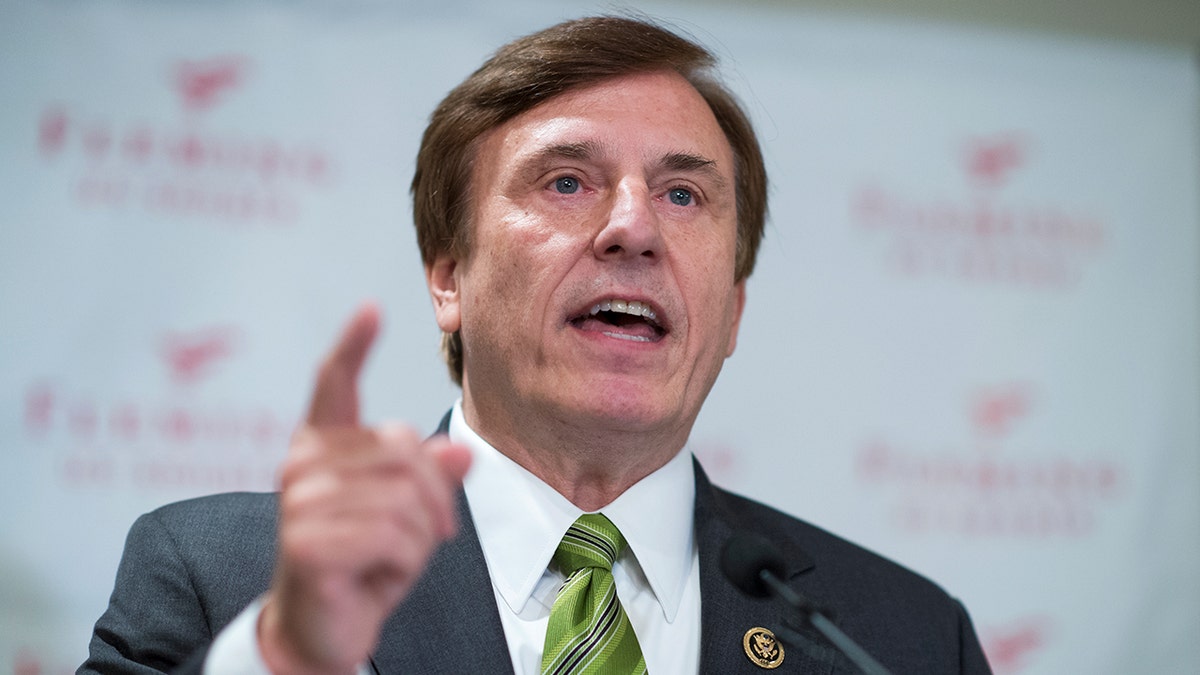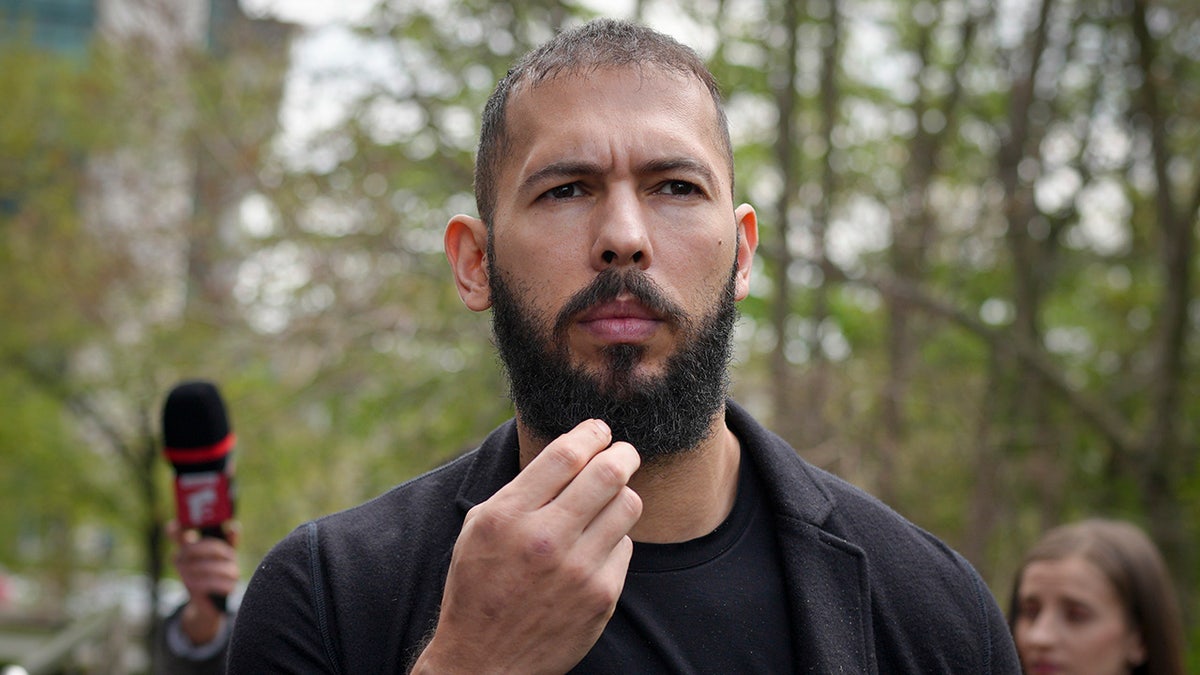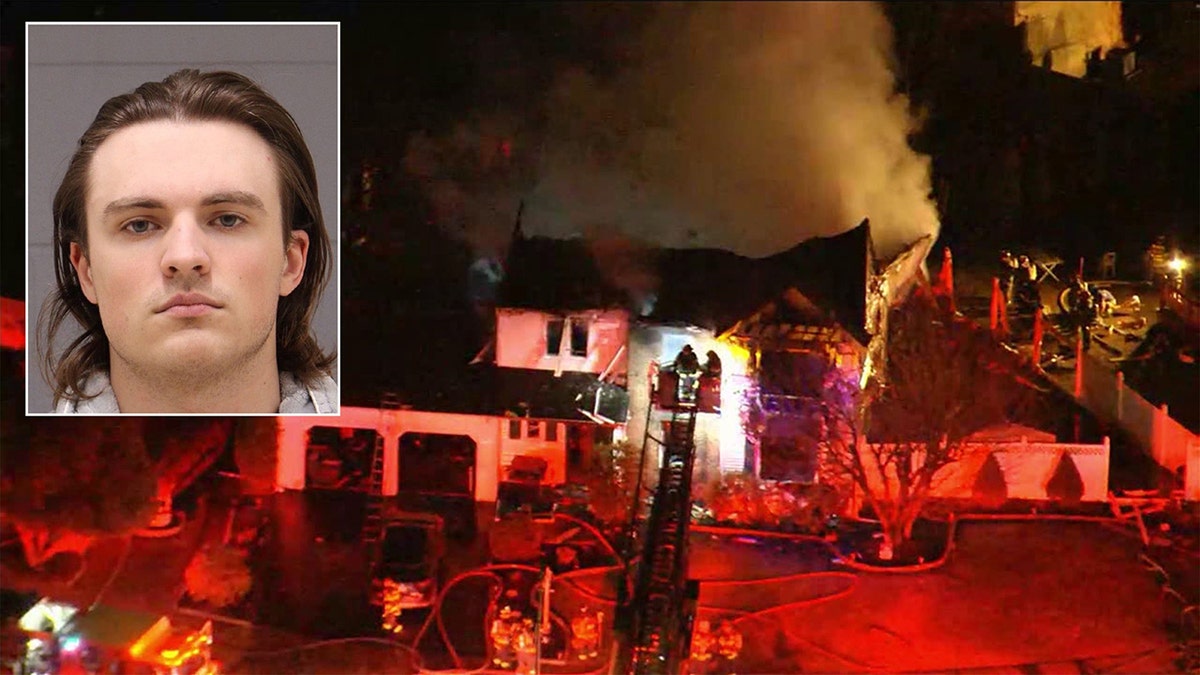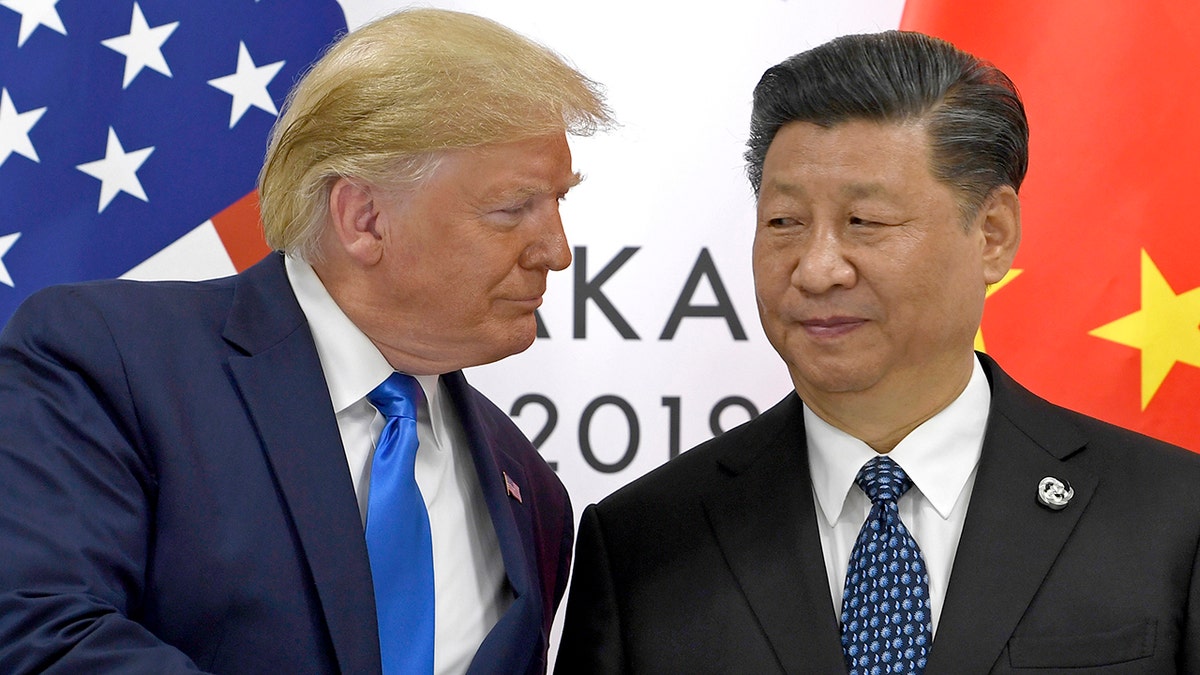Following President Trump's clemency grants to over 1,500 individuals involved in the January 6th Capitol breach, some prosecutors are exploring the possibility of filing state or local charges against certain individuals, particularly those accused of violent acts. This potential avenue, raised by Philadelphia District Attorney Larry Krasner, suggests that some of those pardoned might still face legal consequences.
Krasner indicated his office is investigating potential state election or conspiracy charges against some Pennsylvania residents pardoned or who had their sentences commuted. This could affect over 100 individuals, including a Proud Boys leader and another man who assaulted police officers. While Krasner believes a legal path exists for such charges, he hasn't revealed specific details about how his office might proceed.
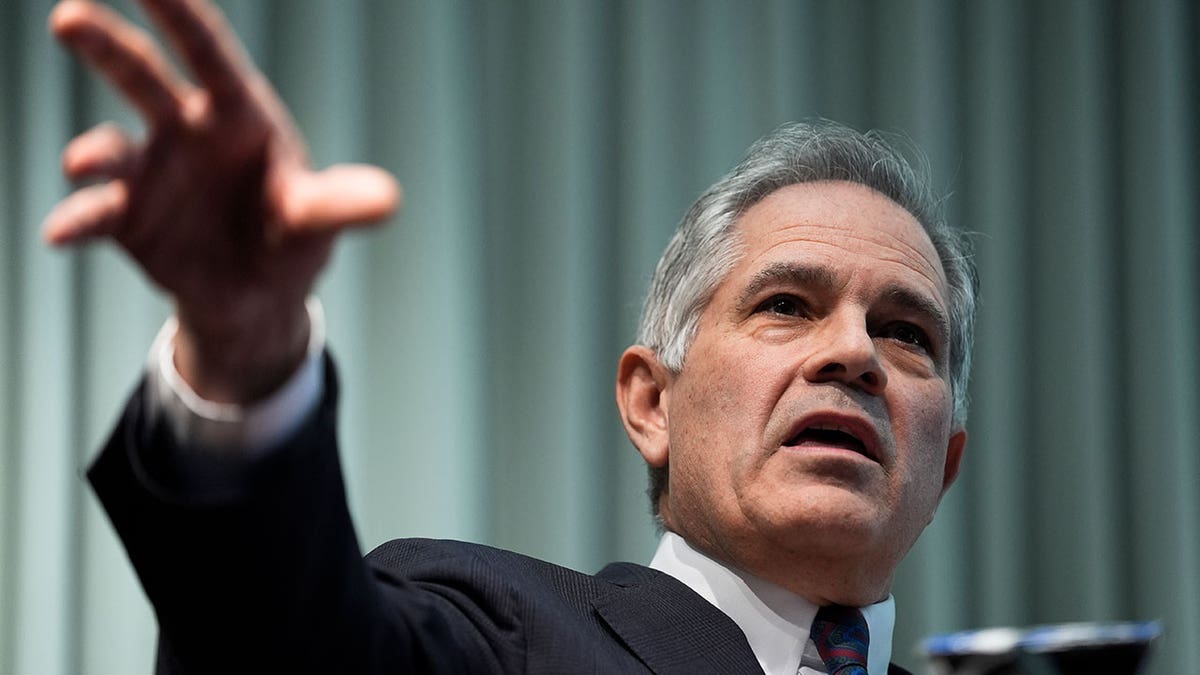
Philadelphia District Attorney Larry Krasner believes there's a legal avenue to pursue charges against some individuals involved in the January 6th events. (Matt Rourke/The Associated Press)
President Trump's clemency decision has sparked controversy, given the injuries sustained by over 100 police officers during the Capitol breach. Krasner suggests that focusing on actions within their jurisdiction, such as communications and travel arrangements, could provide grounds for state-level conspiracy charges.
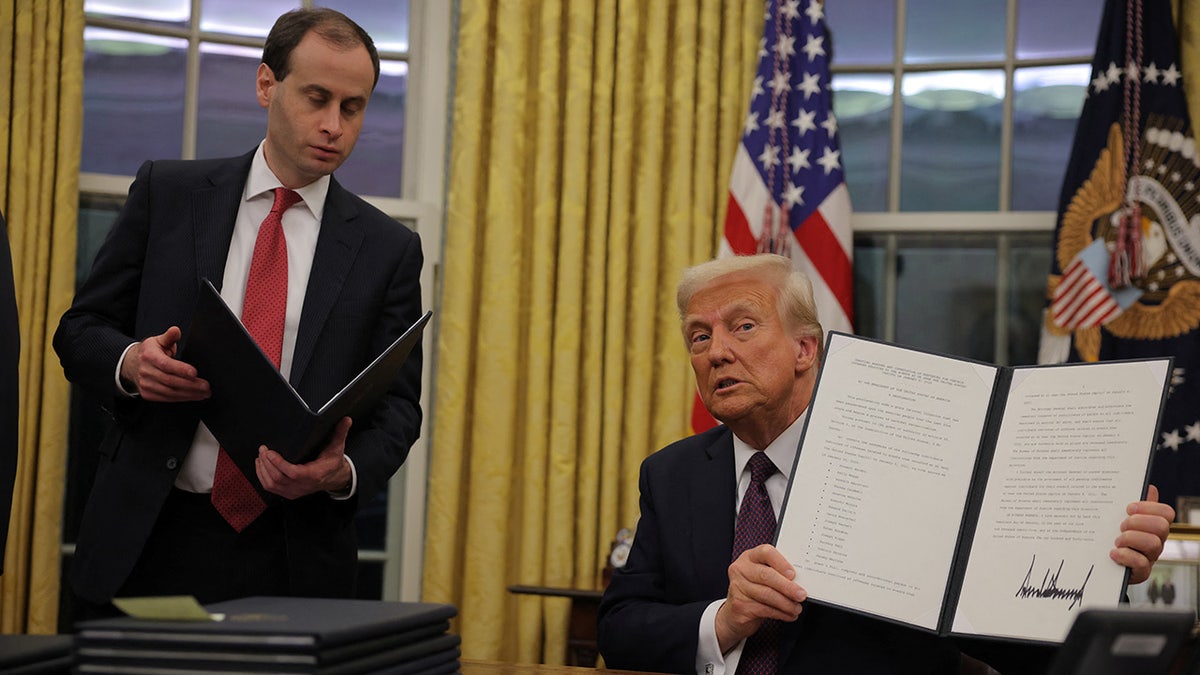
President Donald Trump signed pardons for individuals involved in the January 6th events. (Carlos Barria/Reuters)
However, significant legal obstacles exist. Former prosecutors note that jurisdictional issues and double jeopardy protections pose challenges. Because the events occurred under federal jurisdiction, proving a distinct state-level conspiracy is complex. Furthermore, double jeopardy prevents individuals from being tried twice for the same conduct. State prosecutors must demonstrate that subsequent charges address a "very different kind of harm or evil" than the federal charges, a difficult standard to meet.
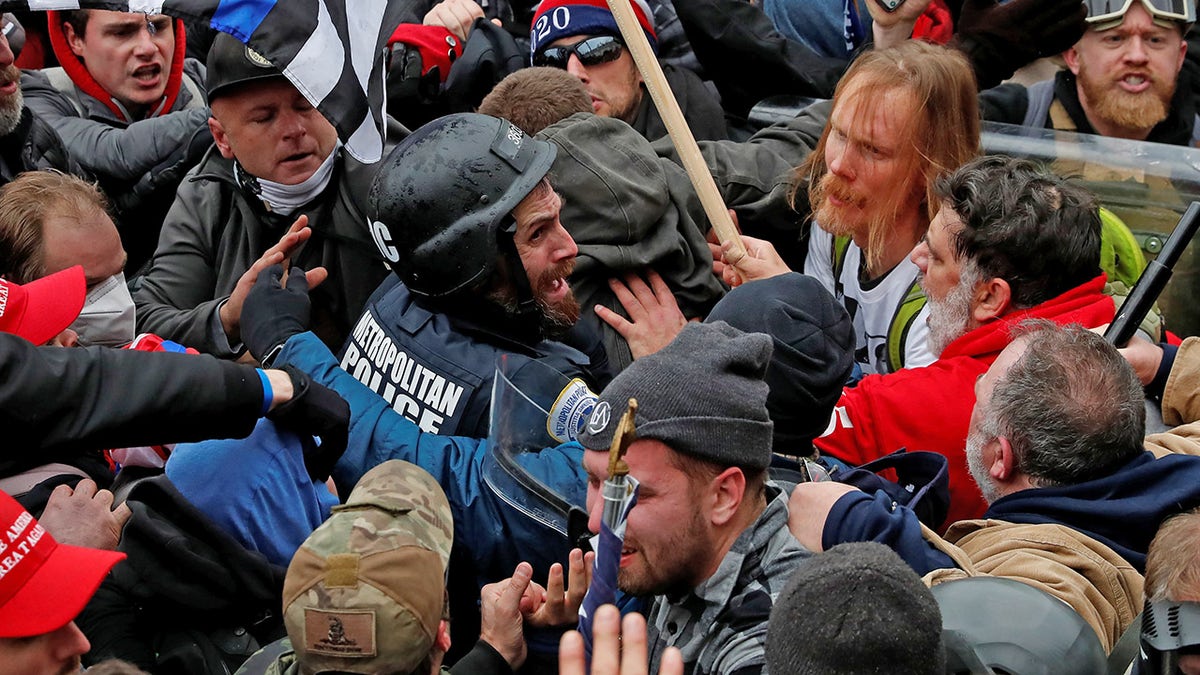
The January 6th Capitol riot resulted in numerous injuries and arrests. (Shannon Stapleton/Reuters)
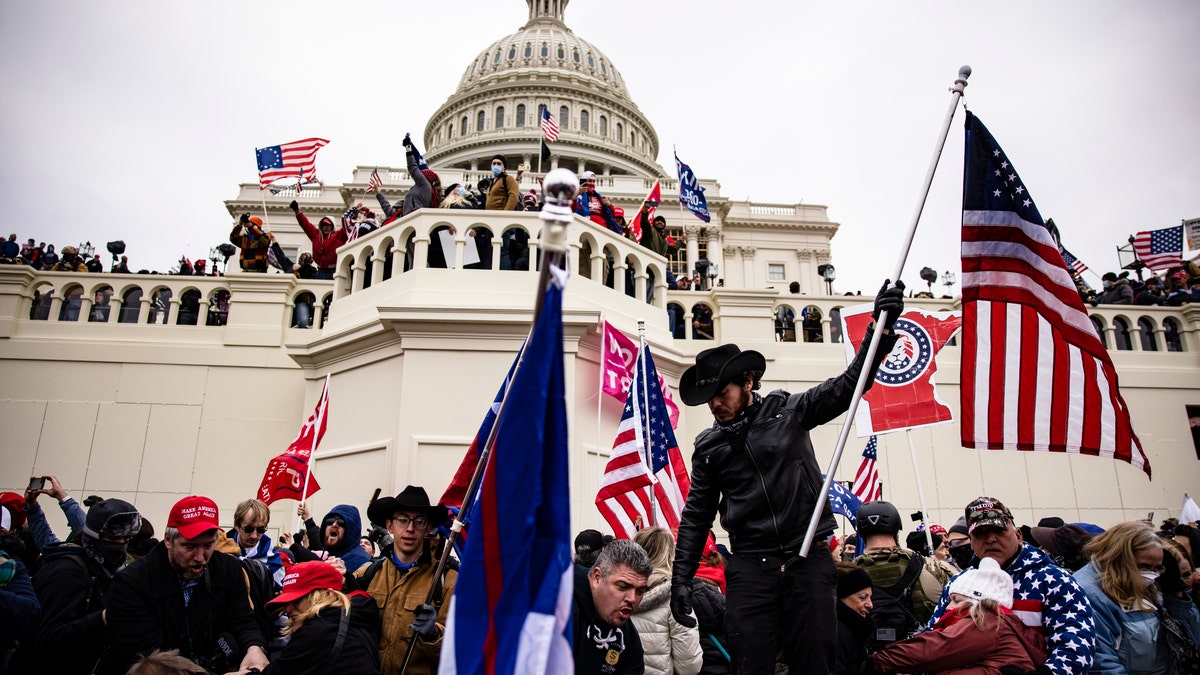
Pro-Trump supporters stormed the U.S. Capitol on January 6, 2021. (Samuel Corum/Getty Images)
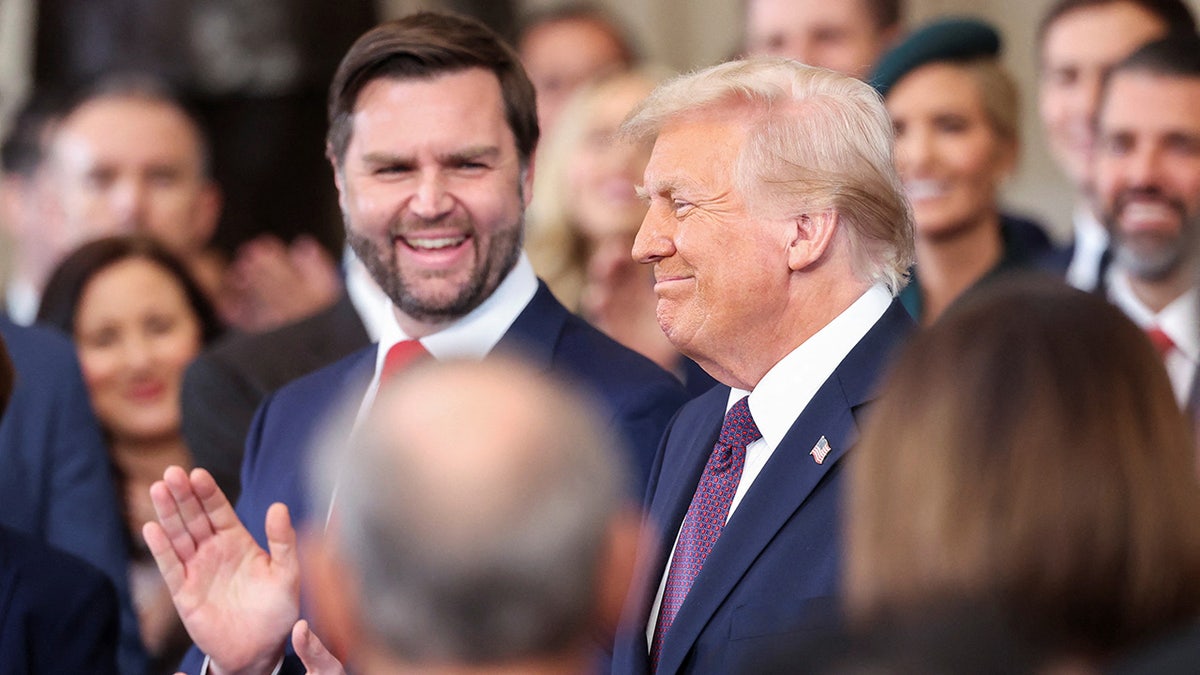
The pardons issued by President Trump have raised questions about the Republican party's stance on supporting law enforcement. (Kevin Lamarque/Reuters, Pool)
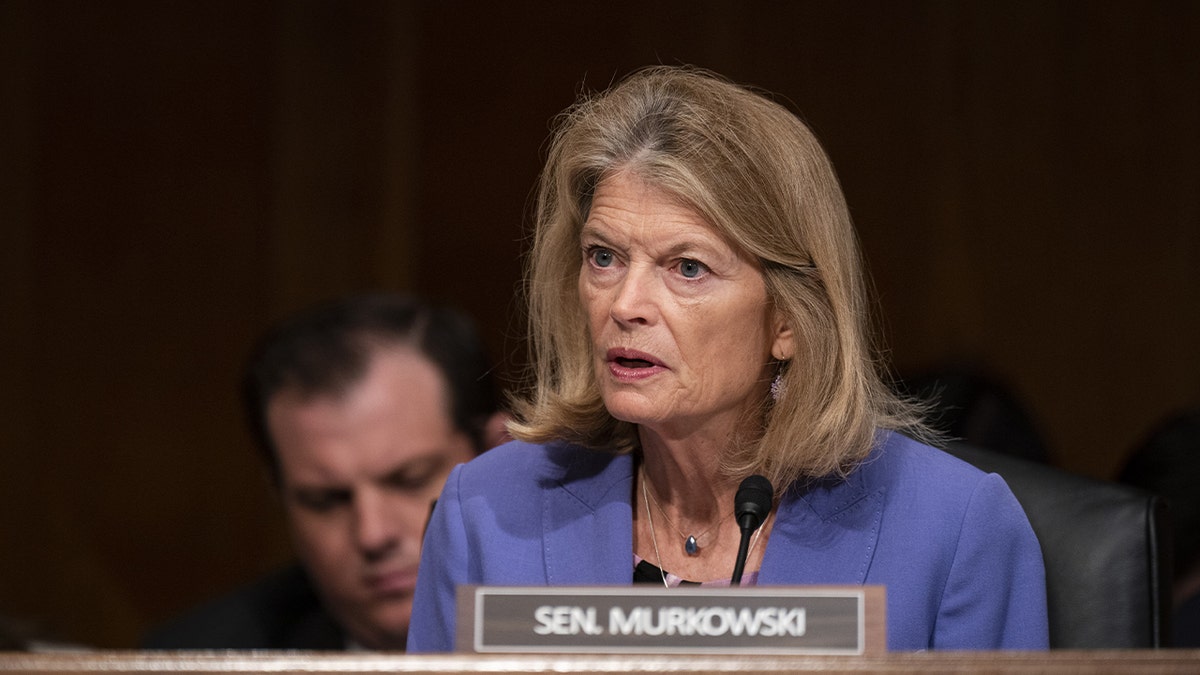
Senator Lisa Murkowski expressed disappointment over the pardons granted to individuals convicted of violence against police officers. (Al Drago/Bloomberg via Getty Images)
Despite these challenges, some legal experts believe state charges are possible. Aria Branch of the Elias Law Group emphasized the importance of holding those who committed crimes accountable, suggesting state and local officials should review the facts and pursue charges if appropriate. Republicans have faced scrutiny over the pardons, particularly regarding their support for law enforcement. Vice President JD Vance and House Speaker Mike Johnson have offered differing perspectives on the issue, while Senator Lisa Murkowski and Senate Minority Leader Chuck Schumer criticized the pardons. Over 200 individuals incarcerated in connection with January 6th were released following the pardons.

